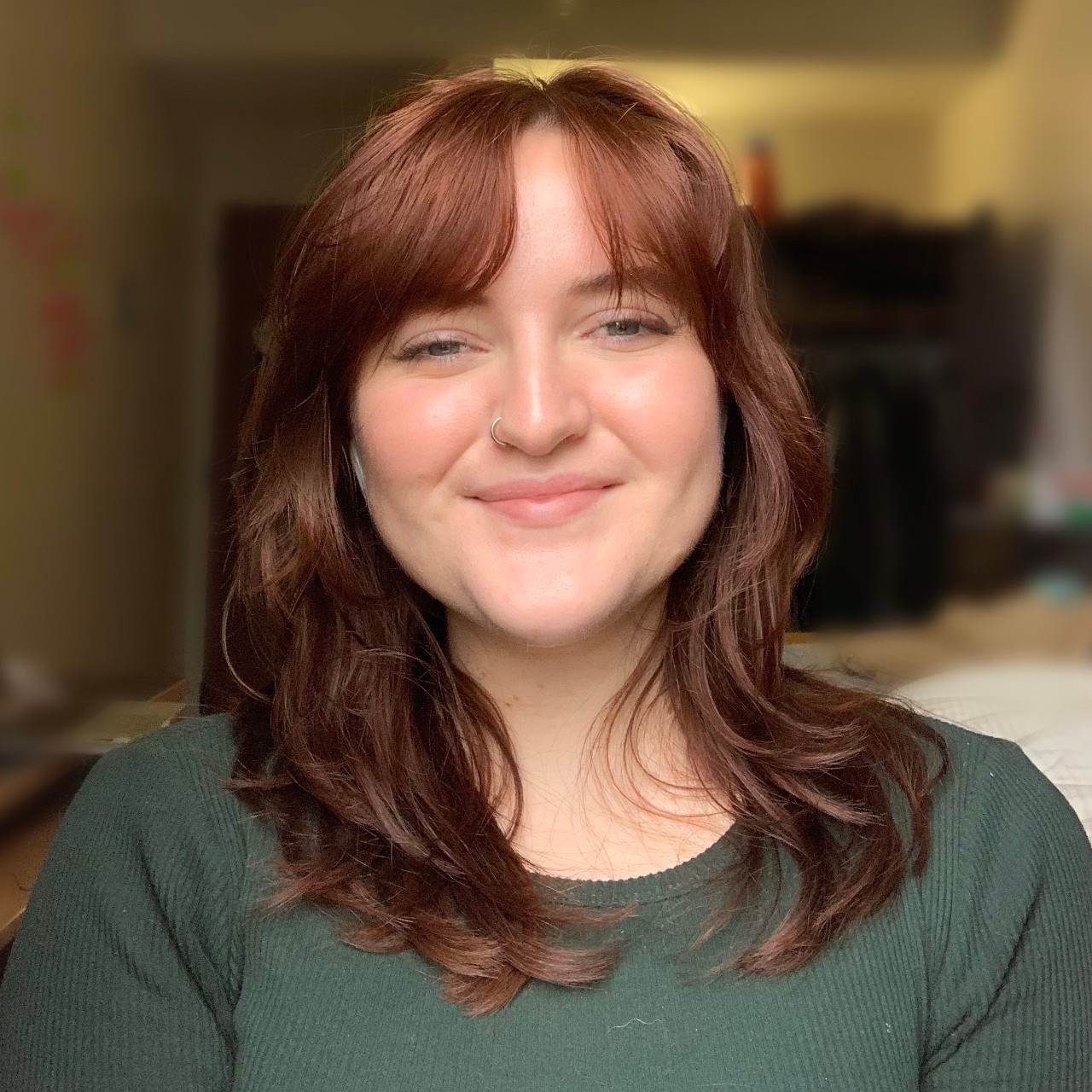As an Arts student, my finals usually range from full papers that I have a few weeks to prepare to timed essays. I must admit that all finals stress me out. No matter how much artistic freedom I have with my words, the idea of being graded on how well I articulate my thoughts and opinions terrifies me. As such, I’ve had to learn (through trial and error) a few tricks to help me write papers that I feel proud of. So, if you also feel like that 2,000-word paper is an unclimbable mountain, here are a few pieces of advice that I’ve learned from professors, friends, and support systems.
Write down all your thoughts
OK, I know this one seems obvious, but sometimes you don’t know you have the answer to your own question until you purge everything that's already in your head. Whether you write by hand or on a computer, jotting down everything that pops into your head about your topic (from words to sentences, even doodles) can evoke thoughts you didn’t even know you had.
Write without stopping
Similar to the previous tip, writing a paragraph without stopping allows you to get out all your ideas without overthinking or perfectionism taking over. Don’t worry about the punctuation, spelling, or grammar, just write until you have enough to decode for a thesis, argument, idea, or theme that can help you form your paper.
Sometimes I even set a timer for 10 minutes and just write. Even if it's just a sentence that I get out, forcing myself to think about my topic sets the wheels in motion.
Go to office hours
I cannot stress enough how important it is to go to your professor's office hours. Whether you have a completed paper or you haven't started yet, sitting down with your prof to talk about what's going through your head can help clarify topics and content.
Last term I had to write a research paper and I had NO idea what to talk about. I had a book in mind to discuss but I couldn’t think of a research direction. So, I made an appointment with my prof who introduced me to a topic I’d never heard of. It perfectly connected to my book but wasn’t something we discussed in class.
Use the Writing Centre
The Writing Centre has saved my academic life so many times. There are so many resources they provide for writing papers or projects, from virtual appointments to document editing. And making an appointment is super easy! You don’t need a finished draft or concrete idea, just yourself. They can ask you questions that will guide your thinking or help put all your thoughts into words. Sometimes just chatting with someone about your topic can pull out ideas you didn’t even know you had.
Personally, I love the document editing resource. All you need to do is send in a draft of your paper (the steps are listed on their website) and they will make suggestions about grammar and content. They’ll look at anything you indicate in the submission form. It’s a fantastic resource!
Do your own citations
We all know about citation generators: OWL Purdue, Chegg, BibMe, etc., and while they’re extremely helpful in providing the bones of a citation they aren’t always right. So use the information produced by the generators as a guideline, and fill in sparse information using the most up-to-date citation styles. Dal Libraries has a super-helpful list of the most up-to-date citation information.
Write more than one draft
Once again, this might be obvious but try not to go into a paper expecting to write the final draft in one shot. For me, this unleashes the beast of perfectionism. I can spend days crafting a paragraph only to realize that I left little time to finish the rest of the paper. Beginning your essay with the knowledge that you’re writing draft one relieves the burden of perfection and provides space for idea exploration, structural experimentation, and error.
Finals are stressful and overwhelming. But I believe in us! We’re almost at the finish line. Good luck!

